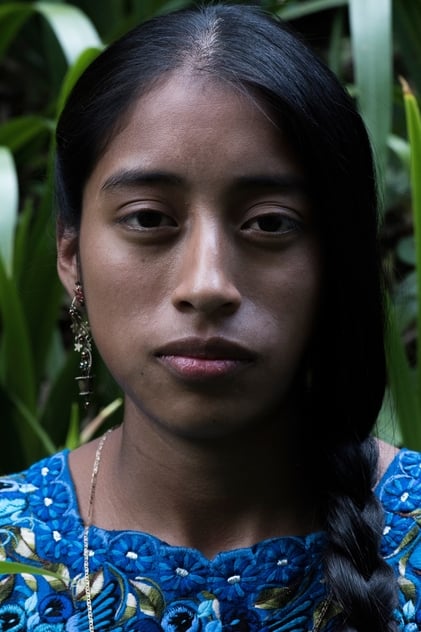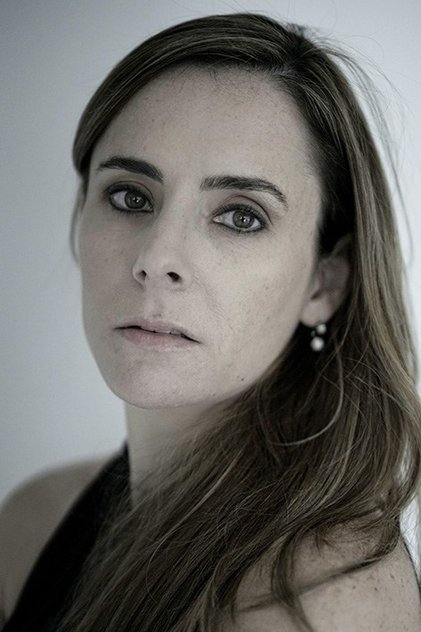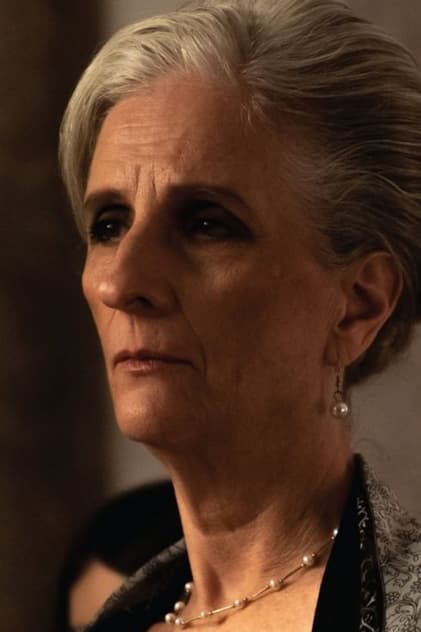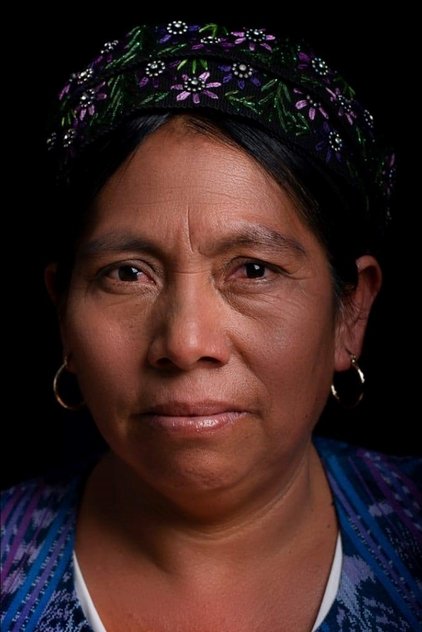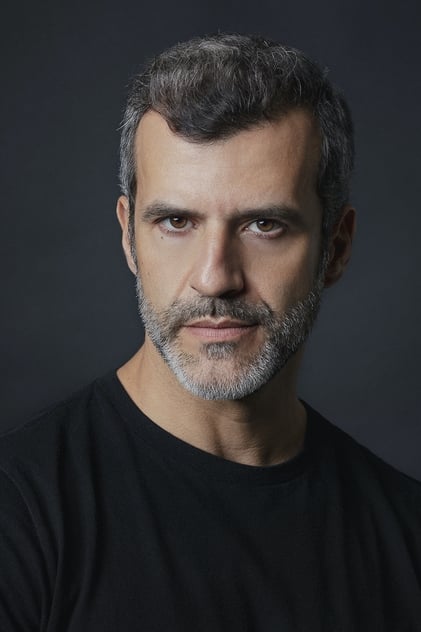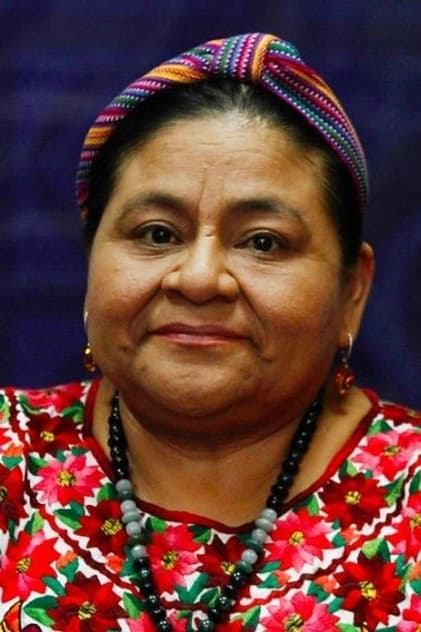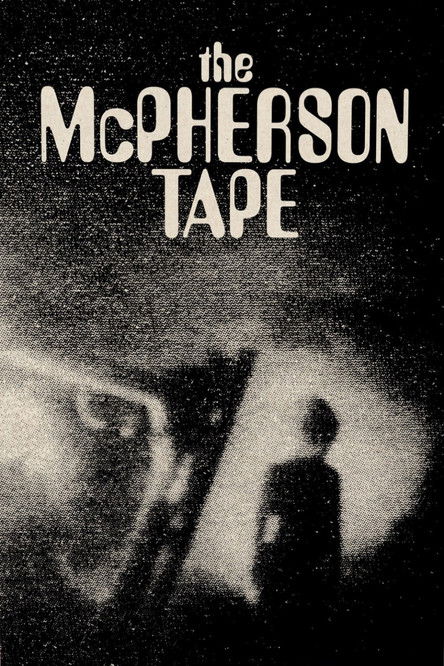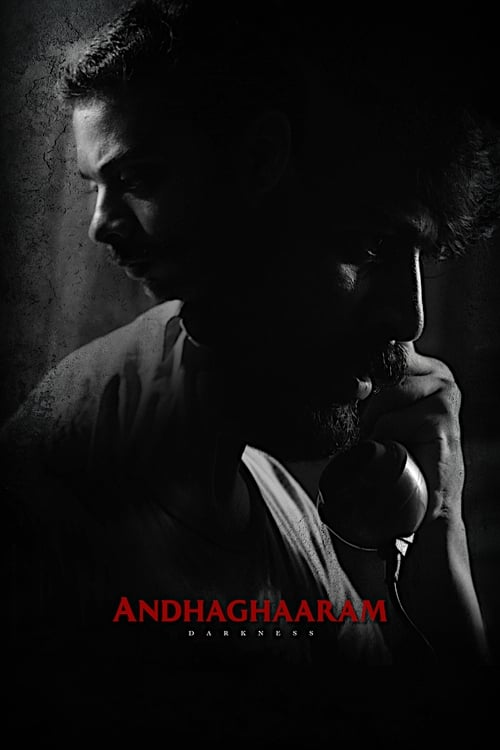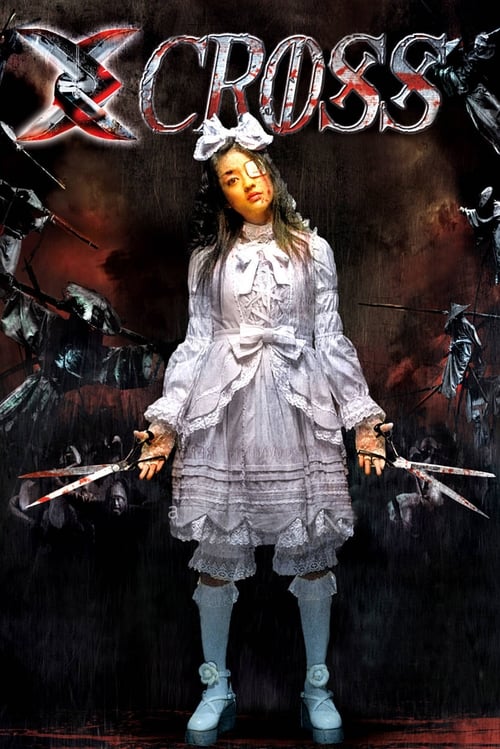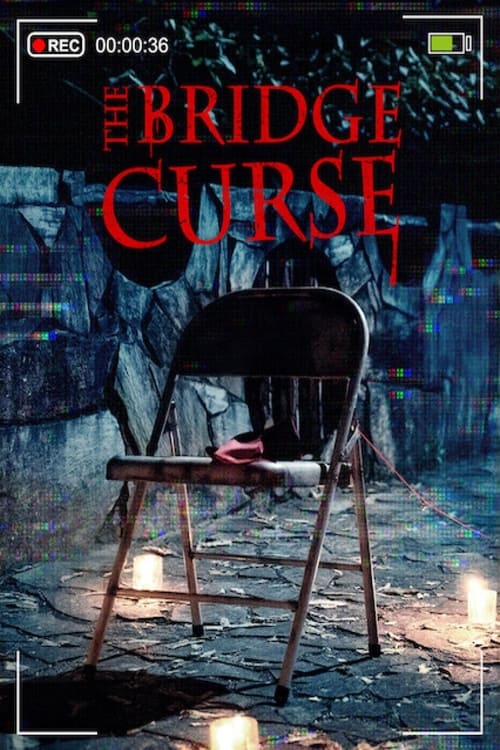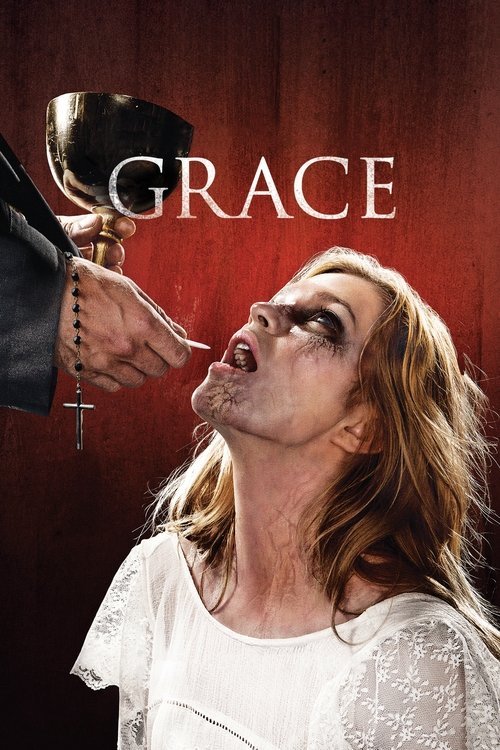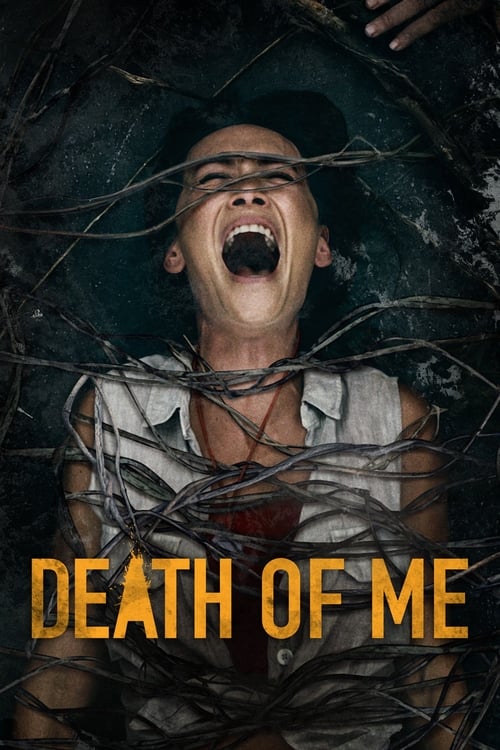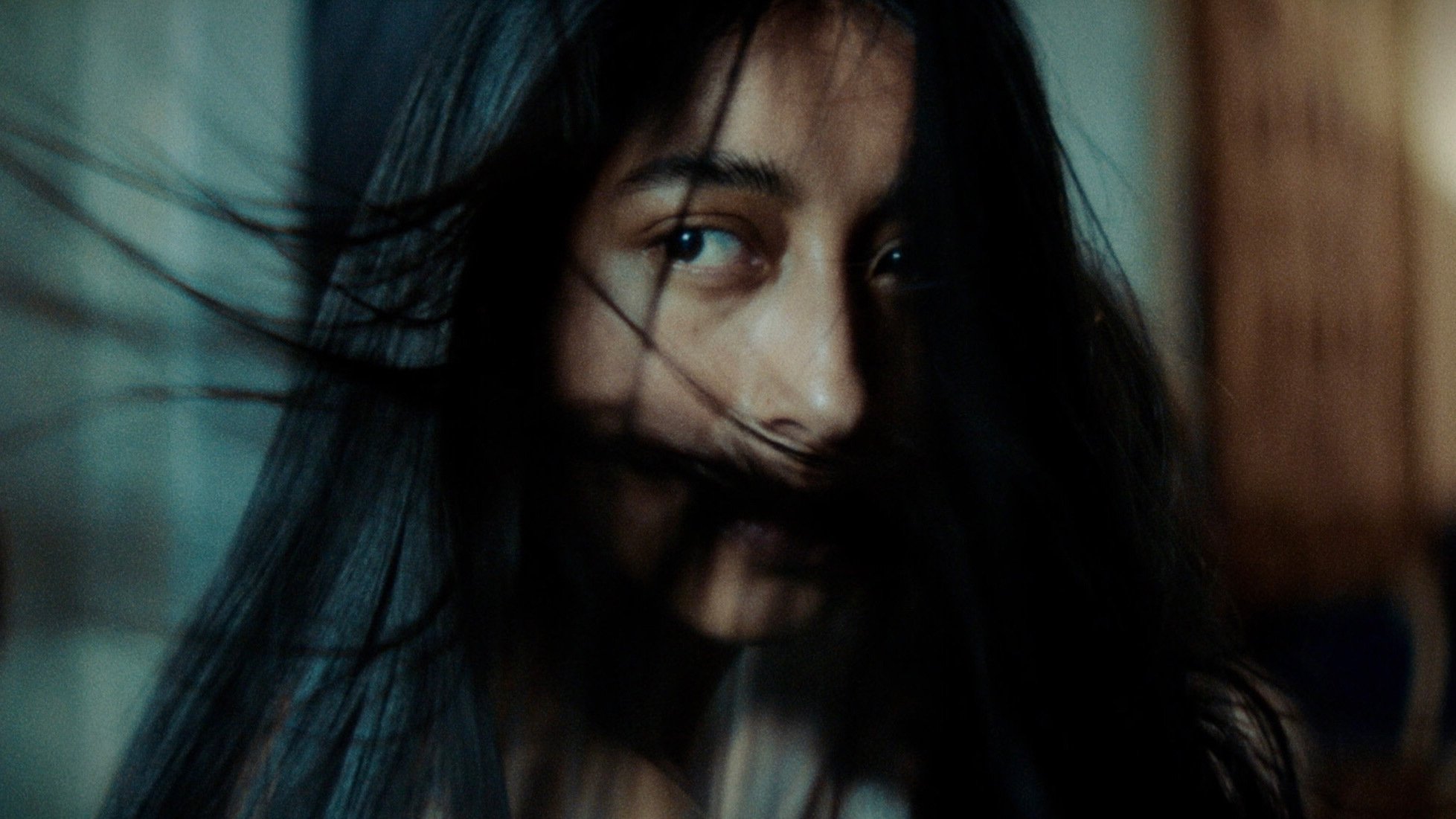

2019
·97m
La Llorona
Summary
Accused of the genocide of Mayan people, retired general Enrique is trapped in his mansion by massive protests. Abandoned by his staff, the indignant old man and his family must face the devastating truth of his actions and the growing sense that a wrathful supernatural force is targeting them for his crimes.
Reviews
tmdb28039023
August 30, 2022
"The fantastic level and the realistic level are the two levels upon which we live," Richard Burton said in The Night of the Iguana. La Llorona — not to be confused with the Curse/Legend of La Llorona — operates equally well on both levels, which in this case we might re-label the legendary level and the historical level.
Enrique Monteverde (Julio Díaz) is an aging, infirm, and paranoid Guatemalan dictator (but then aren’t they all, eventually?) who at the beginning of the film is being tried for the genocide of Ma-yan natives in the 1980s.
We see two trial scenes; the most effective is a zoom-in of a K'iche' Mayan indigenous woman giving testimony of the atrocities she witnessed, and to which she was subjected, by soldiers of the Guatemalan army while an interpreter translates her words, ending with: “I am not ashamed to tell what happened to me; I hope you are not ashamed to impart justice” (ironically, the judges refer to her as “witness 82”, dehumanizing her even further).
Monteverde (based on Efraín Ríos Montt, a real-life Guatemalan war criminal) is found guilty, but the verdict is overturned and he is allowed to return home to his wife Carmen (Margarita Kenéfic),his daughter Natalia (Sabrina De La Hoz), and his granddaughter Sara (Ayla-Elea Hurtado) (Carlos,Sara’s father, whom Enrique and Carmen did not approve of, disappeared under circumstances that are mysterious only to Natalia).
All the house servants have resigned except Valeriana (María Telón), whom Carmen suspects is Enrique's illegitimate daughter, and bodyguard Letona (Juan Pablo Olyslager).
Meanwhile, the people have gathered around the house to protest day and night, effectively keeping the family under siege. It is then that the mysterious and silent native Alma (María Mercedes Co-roy) arrives, the new servant of whom Sara quickly grows fond.
La Llorona is not a literal depiction of the Hispanic-American legend, but alludes to it through related imagery, for instance when Alma teaches Sara to hold her breath underwater.
Monteverde sometimes wanders around the house at night claiming to hear a woman crying, but this could be a consequence of his deteriorating mental state.
The title of the film may be a reference to the massacre in the village of La Llorona in 1981 or, in general, intended to represent Guatemala as a mother mourning the disappearance and murder of thousands of her children.
The ending of the film, however, makes it clear that supernatural forces are also at play. I’m ambivalent about this aspect of the plot. On the one hand it’s almost unnecessary; this material is very powerful on its own, and the addition of a fantasy element risks detracting from the harsh reality it deals with.
But on the other hand, and this is very unfortunate, revenge from beyond the grave is the closest Monteverde is going to come to paying for his crimes, and in real life we don't even have that con-solation (and it would be foolish to seek retribution for real-world grievances in a work of fiction, as Tarantino has done recently; by making Monteverde a stand-in for Ríos Montt, but not Ríos Montt himself, co-writer/director Jayro Bustamante avoids the revisionist pitfalls of, say, Inglorious Basterds).
Fortunately, this internal debate is moot because La Llorona is the rare horror film that doubles as social criticism and hits the mark squarely in each endeavor; this is thinking man’s horror cinema (I was going to write that La Llorona would be something like The Official (Ghost) Story, but actually there are ghosts too in Luis Puenzo's film; figuratively or literally, there always are in this kind of story).
Bustamante has created a work of art that one can approach from either of two different sets of narrative values, and each of them is a winning approach all the way from its opening scene to the spi-ne-chilling wail that closes it.
